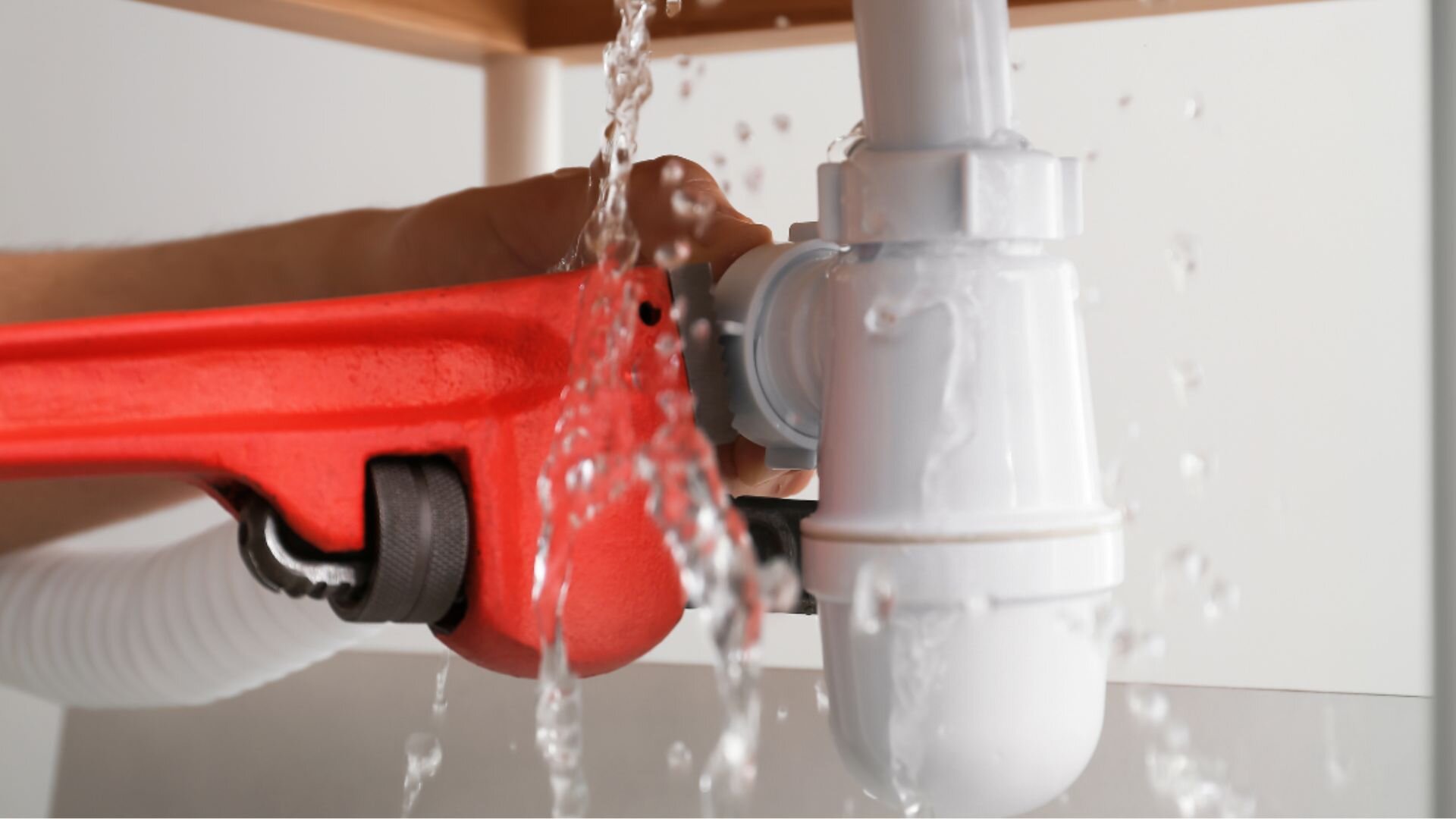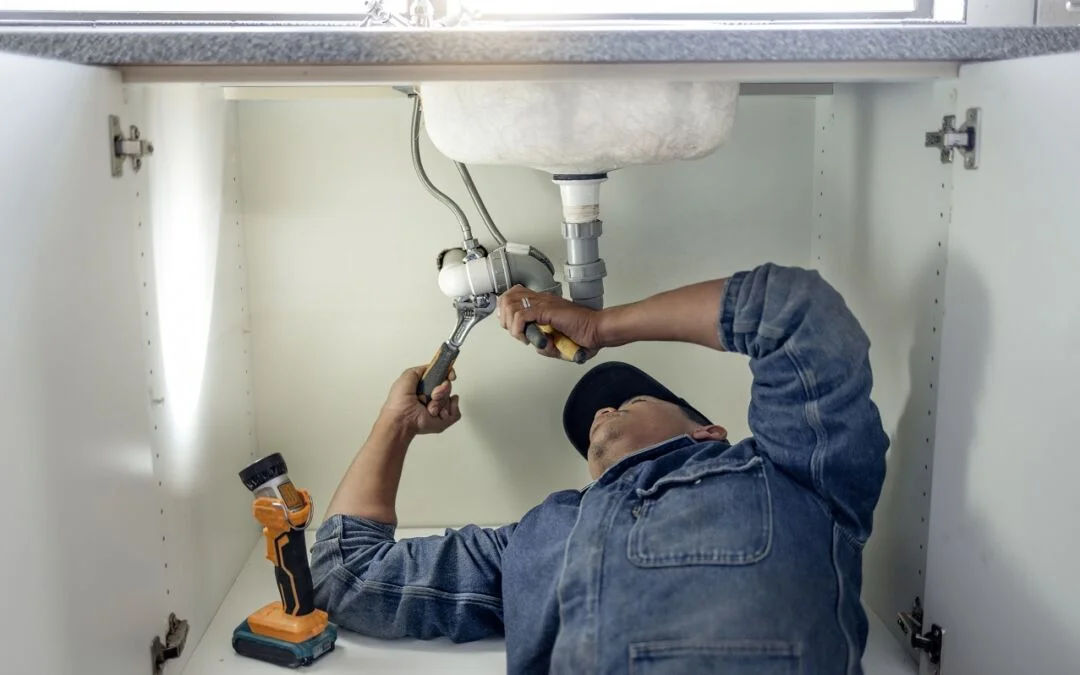Temporary Tips for Critical Situations Until A Plumber Arrives
Temporary Tips for Critical Situations Until A Plumber Arrives
Blog Article
Everybody seems to have their own piece of advice involving What to Do While Waiting for an Emergency Plumber.

Pipes emergencies can strike any time, creating tension and potential damages to your home. Whether it's a ruptured pipe, a stopped up drain, or a leaky tap, understanding how to handle the situation till an expert plumbing arrives can conserve you from additional complications. This write-up offers essential emergency situation plumbing pointers to assist you mitigate damages and restore control during a pipes crisis.
Switch off the Supply Of Water
The first step in any kind of plumbing emergency situation is to shut down the water system. For localized concerns, such as a leaking tap or toilet, switch off the valve near the component. In the case of a significant leak or ruptured pipe, situate your home's main water shut-off valve and transform it off right away. Recognizing the place of these valves in advance can conserve useful time throughout an emergency.
Address Tiny Leaks with Short-lived Solutions
Little leakages can rapidly come to be significant issues if left unchecked. Use these momentary solutions till professional assistance gets here:
While these solutions aren't permanent, they can assist lessen water loss and damages.
Unclog Drains Safely
A clogged up drainpipe can be an aggravating and untidy issue. Right here's exactly how to tackle it:
If these methods don't function, stay clear of using excessive force, as it might get worse the blockage.
Handle Overflowing Toilets
An overruning commode can create immediate chaos. Here's what you should do:
Shut down Your Hot Water Heater
In particular emergency situations, such as a burst pipe, it's wise to shut off your hot water heater. This stops getting too hot or damage to the unit when water stops streaming. Turn off the power supply to the water heater (electrical or gas) and allow it cool off to avoid potential threats.
Momentarily Stop a Burst Pipeline
A ruptured pipe can lead to significant water damages in mins. To reduce the issue:
Call an expert plumber promptly to deal with the problem completely.
Deal With Frozen Pipes Meticulously
In chillier climates, icy pipes are an usual emergency. If you suspect an icy pipe:
Prevent Additional Damage
Taking quick activity to reduce damages can save you money and time in the long run. Here's exactly how:
. Have an Emergency Situation Plumbing Set
Prepare a standard plumbing emergency set to take care of minor problems properly. Your package should include:
Having these tools handy can make a substantial difference in your ability to handle emergency situations.
Know When to Call a Specialist.
While quick fixes can help temporarily, certain plumbing problems call for prompt specialist interest. Call a plumber if:.
Without delay speaking to a professional ensures the issue is dealt with correctly and avoids further complications.
Conclusion.
Plumbing emergencies can be overwhelming, but with the right knowledge and tools, you can manage the scenario effectively till aid gets here. By switching off the water, resolving tiny leakages, and utilizing momentary repairs, you can reduce damage and keep your home safe. Remember, these pointers are short-lived remedies; constantly seek advice from a certified plumber to handle the origin of the trouble. Prep work and quick thinking are your ideal allies in any kind of plumbing emergency situation.
8 Helpful Tips for Managing Plumbing Emergencies at Home
If your plumbing system hasn’t failed once, wait for it because almost everyone has a story to tell. Sometimes, it could be simple emergencies such as a leaking pipe, a blocked cistern, or even a big burst pipe. In situations like this, you need to have some handy tips to save you some money and from possible damages.
Take care of minor issues early.
Sometimes, you could have avoided an emergency by taking proactive measures while it was still early. Some major plumbing emergencies can be a result of an ignored minor issue. We recommend that you have items like plumbing tapes and other related items. A plumbing tape can allow you to manage minor leaks before the plumber arrives.
Cut off the water supply.
This tip is essential in almost any type of leakage problem. For problems like minor leakages in the toilet or kitchen, turn off the supply that takes water to the affected pipes. If the leakage is a major pipe, you must shut off the supply valve to the entire building. This will help you avoid flooding your home and neighbors if you share a flat.
Know your plumbing system
Folks typically move into a new apartment without understanding the water supply around the building. This can prove disastrous if a water emergency arises and the plumber is far away. The previous tip will prove useless if you don’t practice this one. More importantly, know where your water shut-off valve is located – you’ll need that knowledge to prevent potential home floods.
Have some common handy tools
There are lots of plumbing emergencies that you can handle without hiring a plumber. That’s why you must keep some tools available always. Some tools that you can use to fix simple plumbing emergencies easily include plumbing tapes, screwdrivers, thread seal tapes, plungers, pliers, tape measures, and rubber gloves.
Insulate your pipes from cold
You’ll save yourself from many plumbing expenses if you protect your water pipes from the cold. This is because of the harmful effects that cold weather can have on your pipes. During winter, your pipes can burst from being overly expected to freezing temperatures. So, make sure insulators are there to keep the pipes working correctly.
Avoid practices that will clog your toilet.
Many people indulge in practices that can damage the plumbing system of the entire building. One of these is when they use their toilet to dispose-off garbage. They flush all kinds of things, such as paper towels, bandages, hairs, female sanitary products, etc., down the toilet. This will block your toilet in the long run, incurring unnecessary expenditures. Dump such waste in the trash instead.
Check your dials regularly.
Sometimes, there could be leakages in your home without noticing them in time. So, constantly monitor your water meter dial. If the dial is reading when there is nobody using water, this is an indicator that there is leaking. Check for leaks immediately. Call a plumber as soon as possible if you can’t find any.
https://www.constructionplacements.com/8-helpful-tips-for-managing-plumbing-emergencies-at-home/

As a serious person who reads about , I thought sharing that excerpt was really useful. Are you aware of somebody who is very much interested in ? Why not share it. Kudos for being here. Return soon.
At This Website Report this page